What customer loyalty could look like in web3 in 2030

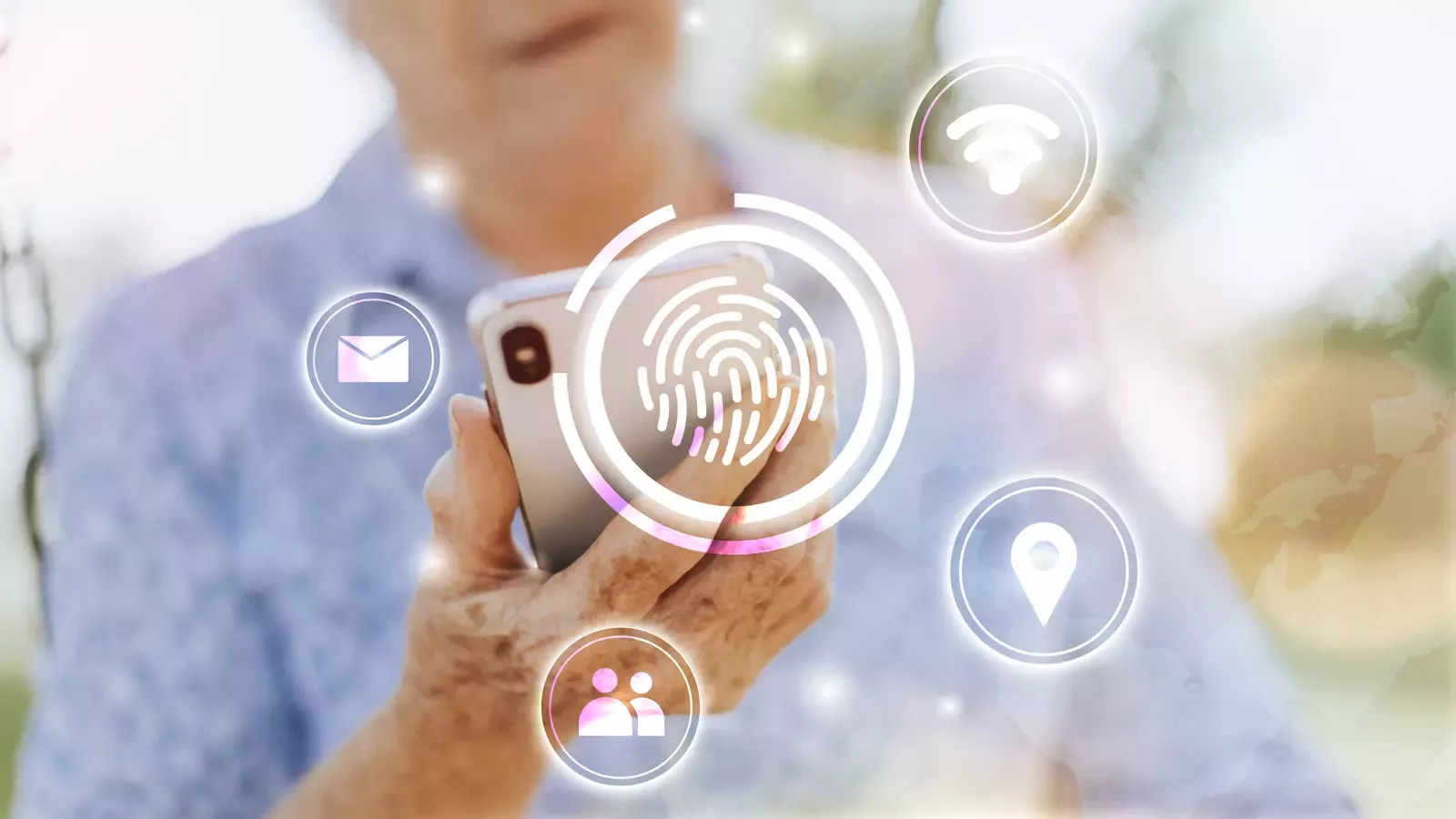
We believe that the future of customer loyalty and commerce involves customers owning their data, sharing what's needed, when needed with companies or individuals.
In the year 2022, existing or upcoming commerce companies create and store physical & digital customer profiles and payment information to provide and ease financial transactions often in exchange for discounts or exclusive experiences.
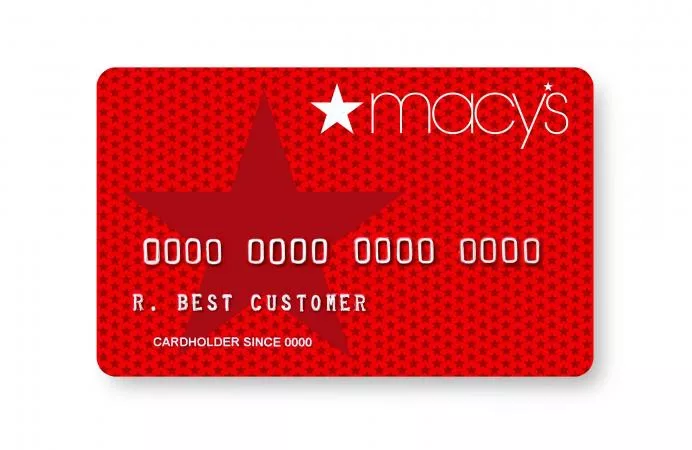
Behind this visual interface on your smartphone, laptop, or customer loyalty number sits a black box that takes a datapoints from a customer to create a profile for these companies to sell products and services to the customer directly, or worse to third parties who then sell directly to the customer or to other companies or individuals.
With Apple having released App Tracking Transparency & Google having moved to remove cookies from the internet, we believe that legislation surrounding the technology industry is moving towards companies not being legally allowed to store any Personal Identifiable Information (PII) anywhere at any time.
So how will loyalty and commerce exist in this new world ?
Loyalty & Commerce as a Web3 layer
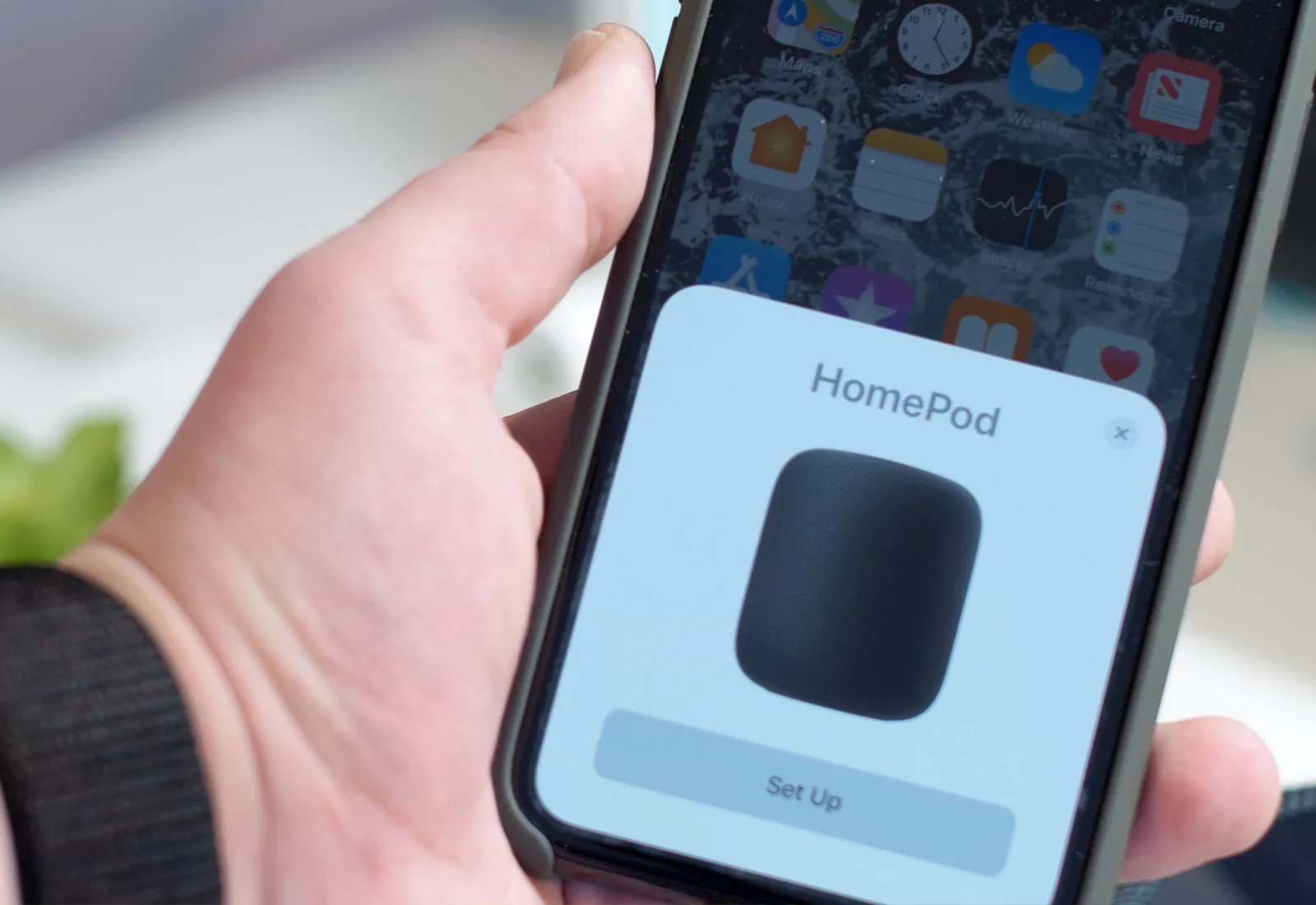
What setting up a HomePod looks like on your iPhone
With the rise of Web3 and Self-Sovereign Identity, which is predicted to have 1 billion users by 2030, we forecast that the future of loyalty will involve owning, selling and giving temporary access to your data via a web3 layer similar to the cards that appear on Apple's iPhone when Signing in with Apple or setting up a HomePod.
Connect to Customize
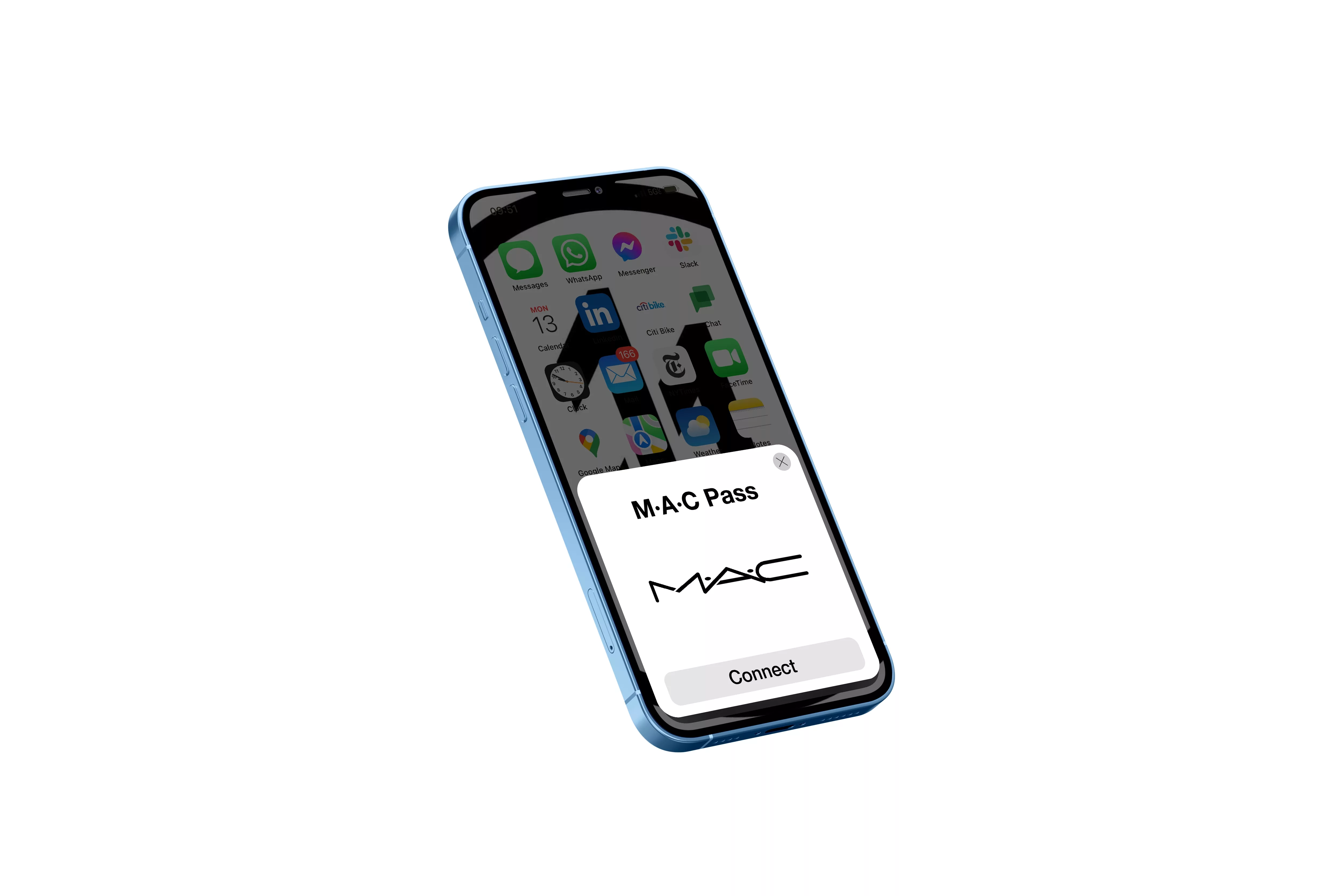
A mock up of what loyalty could look like at the M·A·C Innovation Lab in Web3
Currently, most experiences are customized to fit a customer profile that exists on the enterprise's backend when a user presents their identity via a loyalty card or personal identifier.
In the case of the M·A·C Innovation Lab, the vision was to use the platform to create an omni-channel experience that was customized to the customer & enabled M·A·C Cosmetics & Estée Lauder to gather a deeper understanding of the customer's needs. This data met global data & privacy requirements and would be temporarily available to the customer via a QR code that they would take away with them.
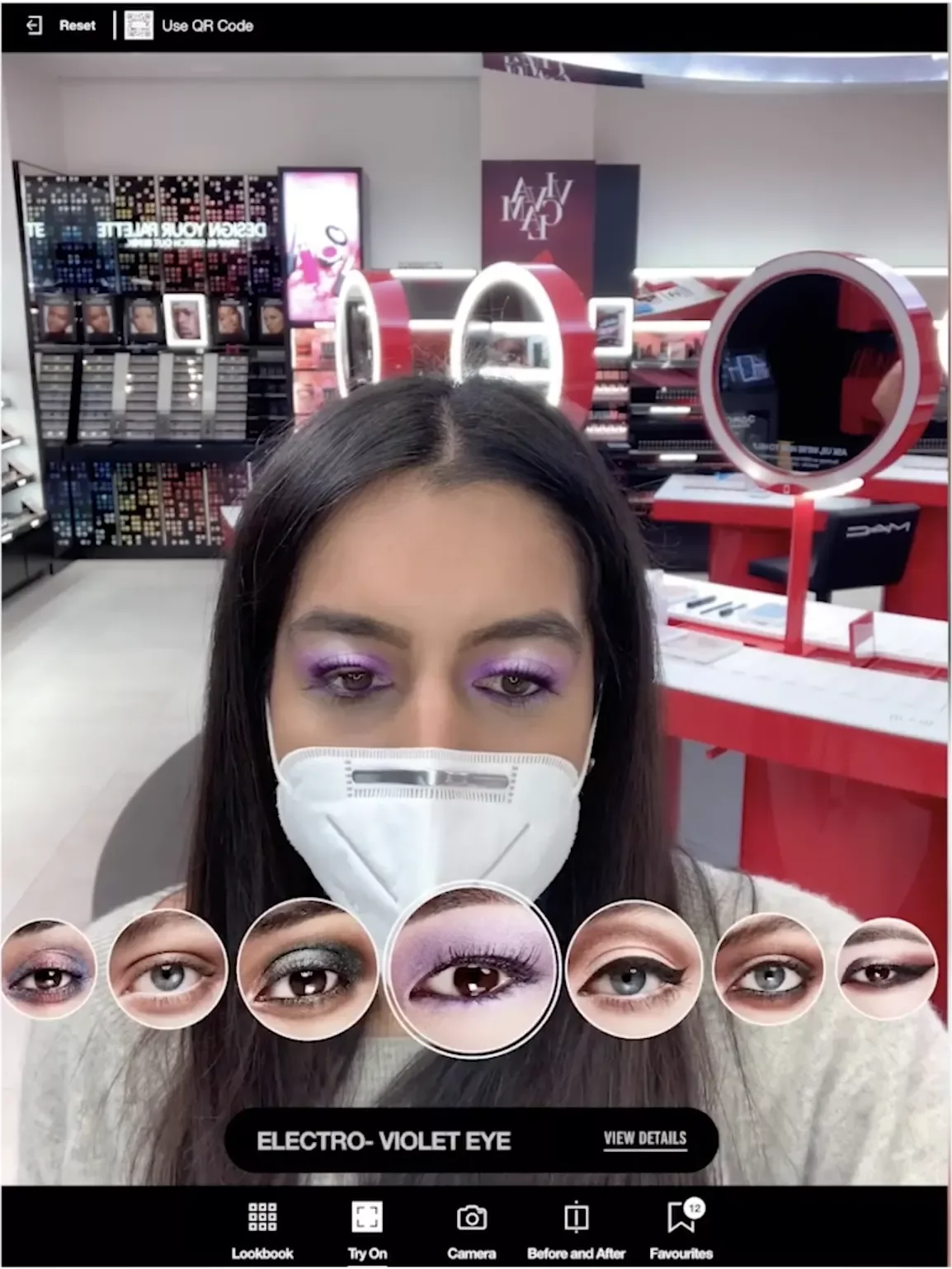
The issue is that a customer cannot engage in a physical or digital commerce experience and see it instantly customized to match their needs as the data cannot be stored for more than 24 hours.
However, with Self-Sovereign Identity a customer will own their digital identity and data on the internet; leading to a world where a customer could present a web3 layer, similar to the one above, to a store or website that would take the data that it needs, without storing it, to customize the experience producing the commerce experience that the company desires and boosting sales in the process.
Any Questions
Please send us a note to inquiries@delasign.com with any thoughts or feedback you may have.
